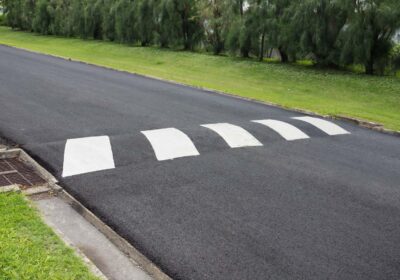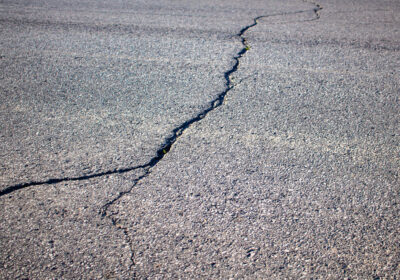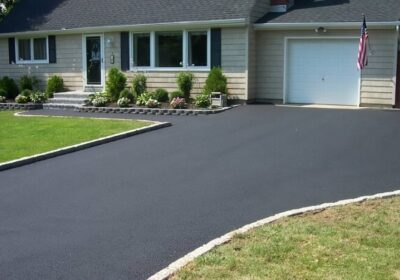Exploring the Cons of Asphalt Driveways: What to Consider Before Installation
Asphalt driveways are a popular choice for homeowners due to their affordability, quick installation, and attractive appearance. However, like any construction material, asphalt has its drawbacks that homeowners should consider before making a decision. In this article, we’ll delve into the cons of asphalt driveways, providing valuable insights to help homeowners make informed choices about their paving projects.
Prone to Cracking
One of the primary drawbacks of asphalt driveways is their susceptibility to cracking. Over time, asphalt surfaces may develop cracks due to various factors such as:
- Temperature Fluctuations: Extreme temperature changes, especially during freeze-thaw cycles, can cause asphalt to expand and contract, leading to cracks and surface deterioration.
- Heavy Loads: Heavy vehicles, such as trucks and RVs, exert significant pressure on asphalt driveways, increasing the risk of cracking, particularly in areas where the subgrade is weak or poorly compacted.
- Tree Roots: Tree roots can penetrate and disrupt the subgrade beneath asphalt driveways, causing uneven settling and cracking of the surface.
Maintenance Requirements
Another drawback of asphalt driveways is the need for regular maintenance to preserve their appearance and functionality. Common maintenance tasks include:
- Sealcoating: Asphalt driveways require periodic sealcoating to protect against moisture infiltration, UV radiation, and oil stains.
- Crack Repair: Cracks should be promptly repaired to prevent water penetration and further deterioration.
- Resurfacing: Extensive cracks and surface wear may require resurfacing or overlaying with a new layer of asphalt.
Limited Lifespan
Compared to other paving materials such as concrete, asphalt driveways have a relatively limited lifespan. Factors that contribute to the lifespan of asphalt driveways include:
- Usage: The frequency and intensity of traffic impact its longevity.
- Environmental Factors: Exposure to sunlight, rain, and chemicals can degrade asphalt surfaces over time.
- Installation Quality: Proper installation is essential for maximizing the lifespan of asphalt driveways.
Environmental Impact
The production and installation of asphalt driveways have environmental implications:
- Energy Consumption: The production of asphalt requires significant energy consumption and generates greenhouse gas emissions.
- Non-renewable Resources: Asphalt is derived from petroleum, a non-renewable resource.
- Stormwater Runoff: Asphalt surfaces are impermeable, leading to increased stormwater runoff.
Appearance and Aesthetics
While asphalt driveways offer a sleek and uniform appearance when newly installed, they may lose their aesthetic appeal over time due to:
- Fading: Exposure to sunlight and UV radiation can cause asphalt surfaces to fade and lose their color.
- Stains and Spills: Oil leaks and other spills can stain asphalt surfaces.
Conclusion
While asphalt driveways offer several benefits, including affordability and quick installation, they also come with drawbacks that homeowners should consider before choosing this paving material. By understanding the cons of asphalt driveways and weighing them against the benefits, homeowners can make informed decisions about their paving projects and explore alternative options that better suit their needs and preferences.




Leave a Reply